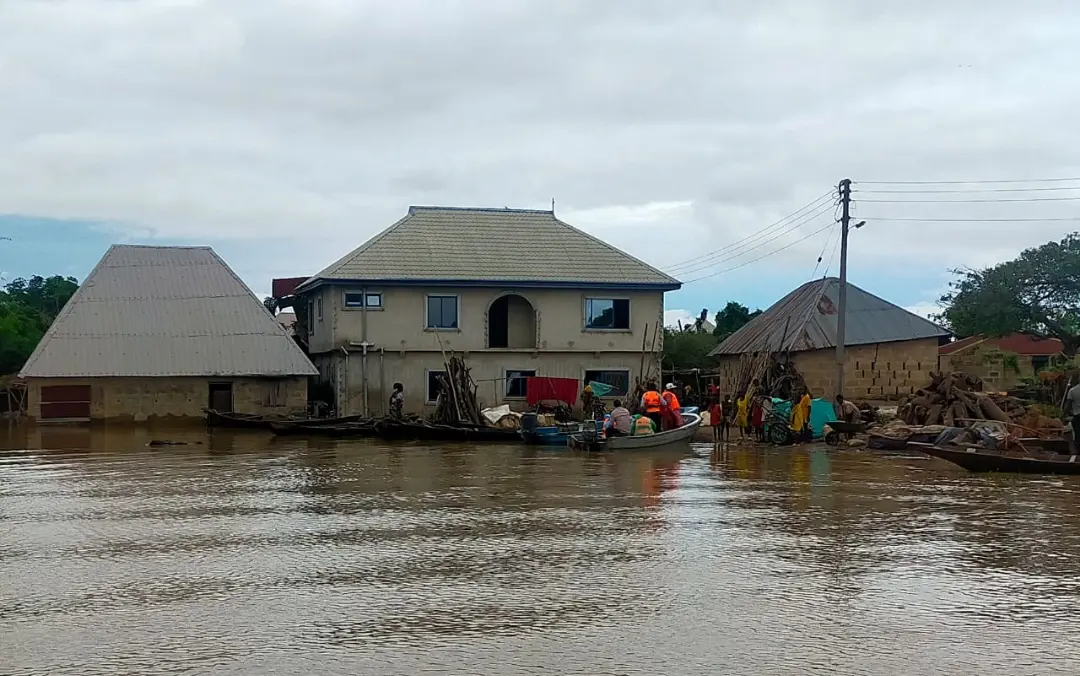The United Nations Children’s Fund (UNICEF) has said that it is implementing a post-flood emergency intervention in Anambra State using funding provided by the Central Emergency Response Fund (CERF) of the United Nations.
The international organization has already started evaluating the degree of damage done to public utilities and other facilities in the seven local government units of the state that were affected.
Ayamelum, Anambra East, Anambra West, Awka North, Ogbaru, Ihiala, and Ekwusigo are the impacted local government areas in Anambra.
Although residents of the impacted communities, who fled to safer locations after the flood, have already returned, they now face difficulties resuming their usual lives due to the destruction of schools, marketplaces, churches, healthcare facilities and water supply sources.
Speaking during a stakeholder’s meeting at Achala in the Awka North local government area, Mr Timi Kiabuku, a WASH Specialist at the UNICEF Enugu Field Office said that the ongoing UNICEF response to the Anambra flood emergency is to determine the needs of the affected communities.
Read also: Stakeholders to address West Africa’ flooding, drought
He assured that there is hope for the renovation of some of the flood-damaged facilities with assistance from CERF.
Kiabuku said, “UNICEF’s response will focus on three sectors namely child protection, health and WASH. “For child protection, the response will focus on protection concerns in three key areas which include the provision of psychosocial support for flood-affected children, the prevention of family separation and the reunification of separated and unaccompanied children, as well as the strengthening of community-based protection systems related to GBV.
He also said that the response will focus on emergency primary health care services to address waterborne and vaccine-preventable childhood diseases by ensuring continued access to health services via mobile brigades, prepositioning essential medicines and supplies, and improving health-seeking behaviours through community engagement.
“Water, Sanitation and Hygiene, WASH, response, on the other hand, will focus on the distribution of critical supplies, the provision of essential services, including water system rehabilitation, rehabilitation and desludging of sanitation facilities in schools and Primary Health Care, PHC facilities and conducting hygiene promotion campaigns”he said.
Story was adapted from Vanguard.
